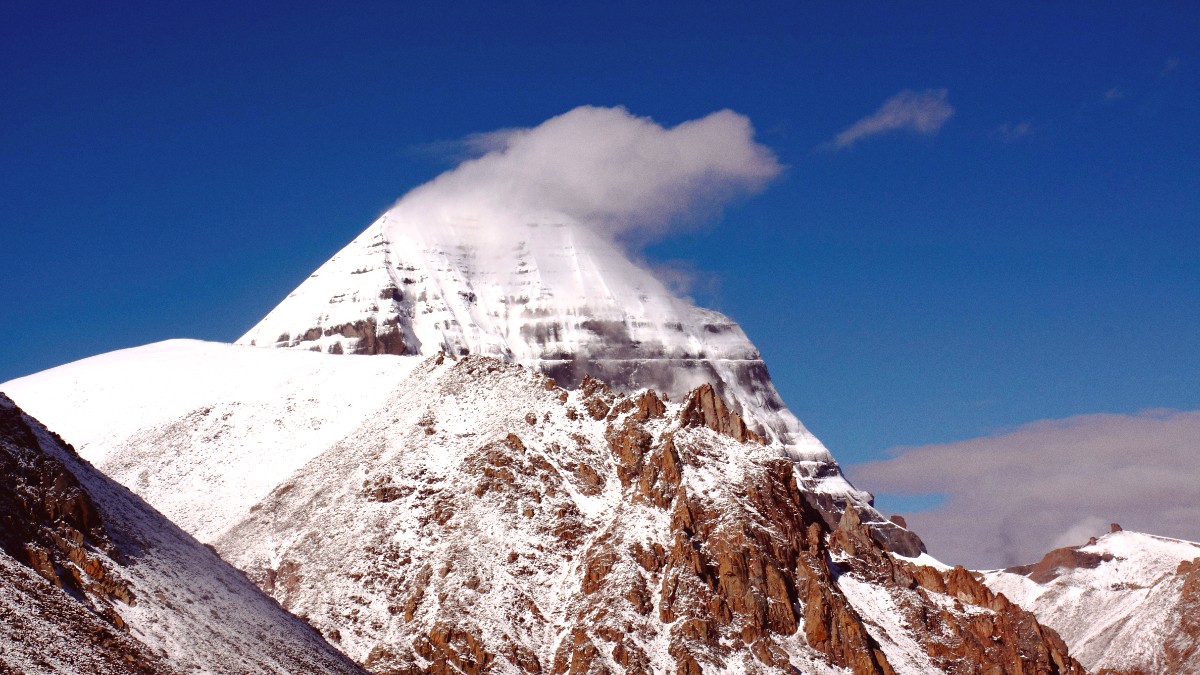
Tibet, China
Local SIM cards and mobile providers are available.
Internet restrictions are in place.
Basic phrases can enrich interactions.
Plan your finances for remote travel.
Travelers can use services for communication and language. Portable Wi-Fi and eSIM options offer connectivity. Language learning platforms can aid in basic communication.
Airalo eSIMs | Solis Wi-Fi | Rosetta StoneEssential services for smooth travel.
Access comfortable lounges at airports.
Assistance with flight disruptions.
Protection for unforeseen circumstances.
Honoring local traditions enriches your visit.
Awareness of restrictions.
Enhance your airport experience with lounge access and compensation for travel disruptions.
Priority Pass (Lounge Access) | Compensair (Flight Compensation)Dive into Tibetan life and traditions.
Show profound respect at holy sites.
Respect local societal norms.
Always practice respectful interaction. Your guide assists in navigating local customs, ensuring a positive cultural exchange.